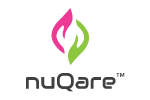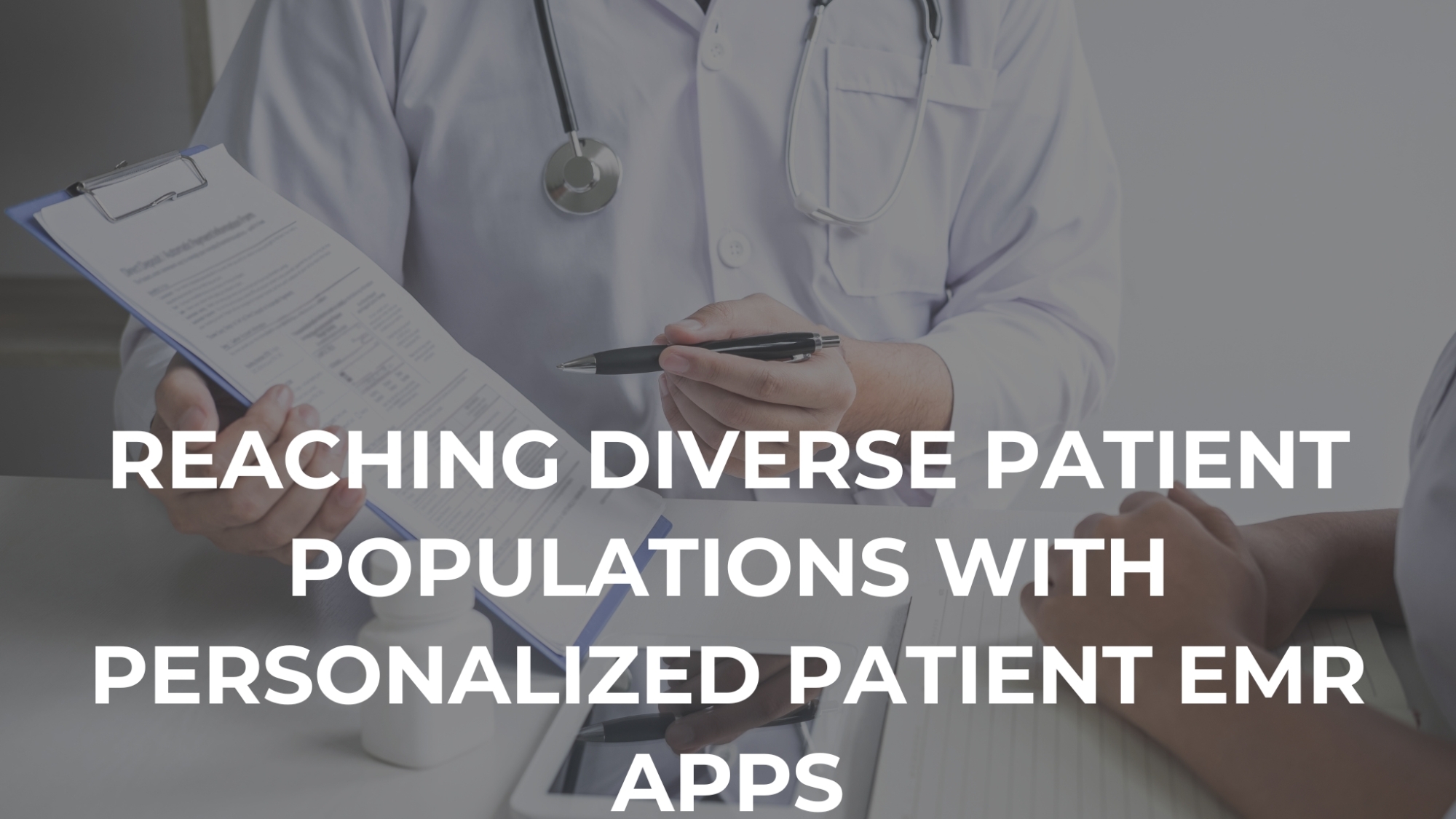The healthcare landscape is rich with diversity. Patients come from various backgrounds, ethnicities, languages, and cultural contexts. To deliver truly effective care, healthcare providers need to bridge these gaps and ensure all patients feel understood, included, and empowered in their health journey. This is where personalized patient Electronic Medical Record (EMR) apps can play a transformative role.
Challenges of Traditional Healthcare Communication:
Traditional healthcare communication often falls short in catering to diverse populations. Here’s why:
- Language barriers: Patients with limited English proficiency may struggle to understand medical information and instructions.
- Cultural sensitivity: Healthcare providers may not be fully aware of cultural beliefs and practices that influence patients’ health perspectives.
- Limited accessibility: Traditional methods of communication, like printed materials or phone calls, may not be accessible to all patients with disabilities.
The Power of Personalized EMR Apps:
Personalized patient EMR apps bridge these communication gaps by offering features that cater to diverse needs:
- Multilingual support: The app can be displayed in multiple languages, allowing patients to access information in their preferred language.
- Culturally sensitive content: Educational resources and information within the app can be tailored to address specific cultural beliefs and practices.
- Accessibility features: The app can incorporate functionalities like text-to-speech conversion, closed captioning for videos, and screen reader compatibility to serve patients with disabilities.
- Personalized communication: Two-way messaging within the app allows for clear communication and eliminates language barriers through translation features.
Benefits of Reaching Diverse Populations:
By embracing personalized EMR apps, healthcare providers can unlock several benefits:
- Improved patient engagement: Patients feel more comfortable and included when information is accessible in their language and cultural context.
- Enhanced cultural competency: Healthcare providers gain valuable insights into patients’ cultural backgrounds, leading to more sensitive and effective care.
- Reduced health disparities: Personalized communication and support can empower patients from diverse backgrounds to take a more active role in managing their health.
- Increased patient satisfaction: A more inclusive approach fosters trust and builds stronger patient-provider relationships.
Beyond the Basics:
The future of personalized patient EMR apps holds even greater promise:
- AI-powered language translation: Real-time translation during in-person consultations can eliminate communication barriers entirely.
- Integration with cultural competency resources: The app can provide culturally specific educational materials and support services.
- Community building features: The app can connect patients with others from similar backgrounds facing similar health challenges.
A Bridge to a More Inclusive Future:
Personalized patient EMR apps are not just a technological advancement; they are a bridge to a more inclusive future of healthcare. By prioritizing accessibility, cultural sensitivity, and personalized communication, these apps empower healthcare providers to reach diverse populations, improve patient engagement, and deliver culturally competent care for all.
As technology continues to evolve, we can expect even more innovative features that cater to the unique needs of each patient, paving the way for a more equitable and patient-centered healthcare experience.


